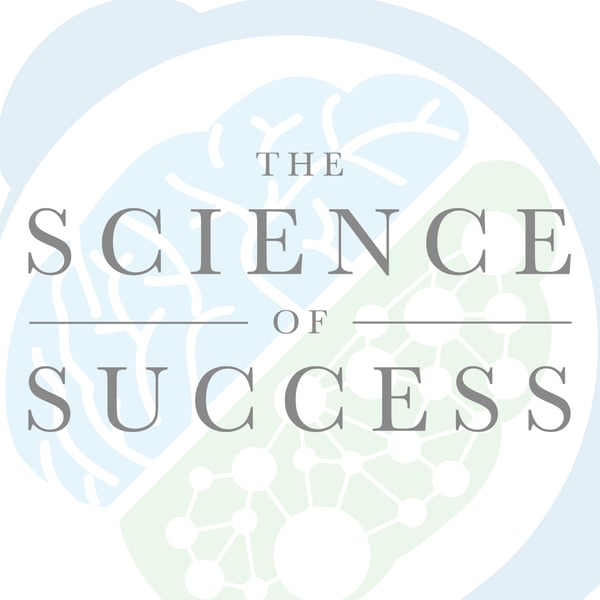Three Dangerous Ideas That Are Putting Our Society At Risk with Dr. Jonathan Haidt
The Science of Success
Matt Bodnar
4.6 • 1.1K Ratings
🗓️ 13 September 2018
⏱️ 57 minutes
🧾️ Download transcript
Summary
Transcript
Click on a timestamp to play from that location
| 0:00.0 | Welcome to the Science of Success. |
| 0:05.0 | Introducing your host, Matt Bodner. |
| 0:10.0 | Welcome to the Science of Success, the number one evidence-based growth |
| 0:15.7 | podcast on the internet with more than 2 million downloads, listeners in over 100 |
| 0:20.1 | countries, and part of the Self-help for Smart People Podcast Network. |
| 0:24.0 | In this episode, we discussed several seemingly good ideas that are actually quite dangerous. |
| 0:29.3 | We start with a look at how the immune system can teach us about the vital importance of being anti-ferential. |
| 0:34.8 | We look at lessons from ancient cultural traditions all the way up to modern psychology research |
| 0:39.5 | to peel back the layers of our current social dialogue |
| 0:42.9 | and look at many notions that have permeated |
| 0:45.1 | our current thinking. |
| 0:46.3 | What are the best ways to promote growth and development? |
| 0:48.4 | How can we help heal people who've suffered from trauma? |
| 0:51.4 | How can we create a framework that allows for our society |
| 0:54.3 | to seek the truth and solve our toughest challenges? We take a hard look at the |
| 0:58.6 | answer to these questions and much more with our guest, Dr. Jonathan Hight. |
| 1:04.0 | Do you need more time, time for work, time for thinking and reading, |
| 1:08.2 | time for the people in your life, time to accomplish your goals? |
| 1:12.2 | This was the number one problem our listeners outlined, |
| 1:15.5 | and we created a new video guide that you can get completely for free |
| 1:19.7 | when you sign up and join our email list. |
| 1:22.0 | It's called how you can create time for the things |
... |
Please login to see the full transcript.
Disclaimer: The podcast and artwork embedded on this page are from Matt Bodnar, and are the property of its owner and not affiliated with or endorsed by Tapesearch.
Generated transcripts are the property of Matt Bodnar and are distributed freely under the Fair Use doctrine. Transcripts generated by Tapesearch are not guaranteed to be accurate.
Copyright © Tapesearch 2025.

